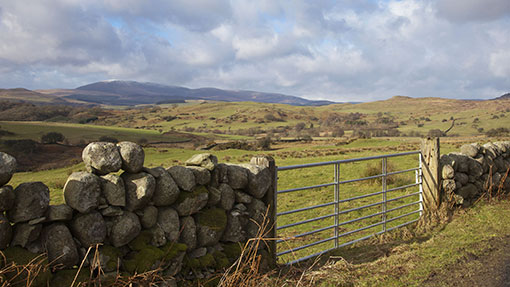Union calls for fairness on Scottish CAP outcome

A manifesto for fairness that calls for an “optimum outcome” for all Scottish farmers from the new CAP has been delivered to the Scottish government by NFU Scotland.
In a robust response to the government’s consultation on the implementation of CAP reform, NFUS president Nigel Millar made it clear that the union was determined to sort out the injustices of the current system and get all sectors through the support changes to an area-based system as efficiently as possible.
The 30-page document outlines the detail of how inactive or “slipper” farming could be stamped out.
At a press conference to launch the submission, Mr Miller said: “Scotland must use whatever means are at its disposal to ensure that precious, limited support is used solely to underpin activity and the retention of those farms and crofts delivering for the economy, the environment and rural communities.”
He also called on the Scottish government to be more ambitious and to make what he described as “difficult choices” about the budget and targeting.
Scottish farmers and crofters also face the dual challenge of direct support budget reductions and a shift from historic to area-based support.
More on CAP reform
Mr Miller said the “nightmare” scenario experienced by English farmers when the area-based option was adopted was in everyone’s minds.
“The next few weeks will define the legacy of reform and the Scottish government,” he added.
“But we need to get on with it. What the industry now needs is a level of certainty and we desperately need that in the next six to eight weeks to ensure we get the optimum outcome.”
NFUS is sensitive to fears in England that an extra 5% of coupling payments called for by NFUS and supported by the Scottish government would disadvantage farmers south of the border.
The union believes it would instead bring Scottish producers closer to the 30 euros a ewe support that will be paid in similar hill areas in England.
NFUS vice-president Rob Livesey said: “It won’t mean Scotland is in a stronger position in the market. Scotland is currently screwed. We need the extra coupling to allow our farmers to scramble out of a hole.”
